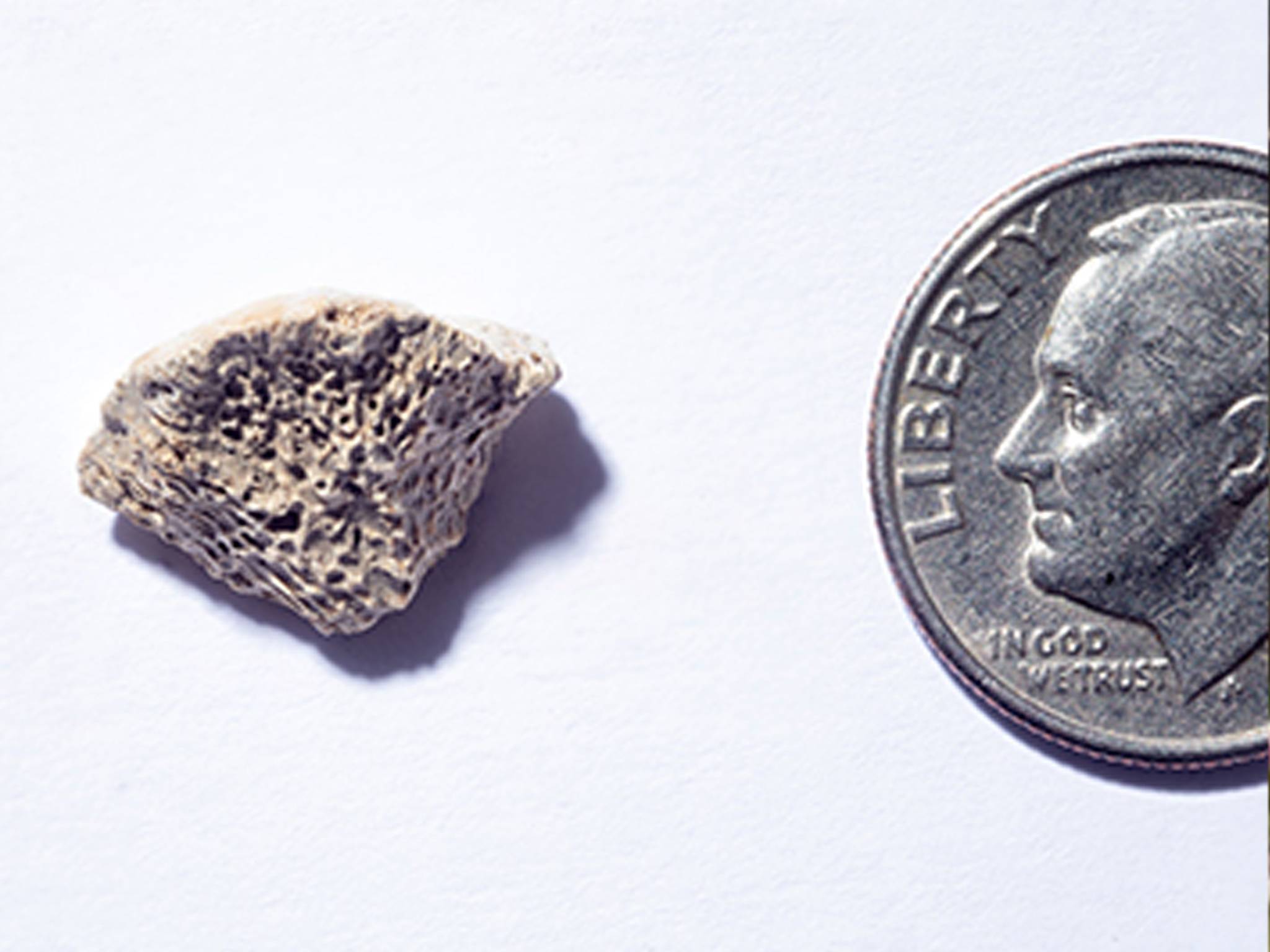By Peter Sblendorio
New York Daily News
Researchers have fetched an ancient dog fossil that provides new context for when the species arrived to the Americas.
The small fragment of a dog’s femur was recently found in Alaska and belonged to a canine that roamed the region about 10,150 years ago, according to a study by the University at Buffalo that was released online Tuesday.
Further analysis of the finding determined the dog was likely part of a species “whose evolutionary history diverged from that of Siberian dogs as early as 16,700 years ago,” the study says.
The newly uncovered dog bone is believed to be the oldest ever found in the Americas.
“We now have genetic evidence from an ancient dog found along the Alaskan coast,” biological sciences professor Charlotte Lindqvist said.
“Because dogs are a proxy for human occupation, our data help provide not only a timing but also a location for the entry of dogs and people into the Americas. Our study supports the theory that this migration occurred just as coastal glaciers retreated during the last Ice Age.”
The bone piece is smaller than a dime. Its discovery in Southeast Alaska occurred while researchers where in the area studying climatic changes from the Ice Age, the study said.



